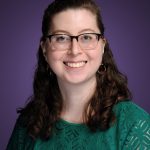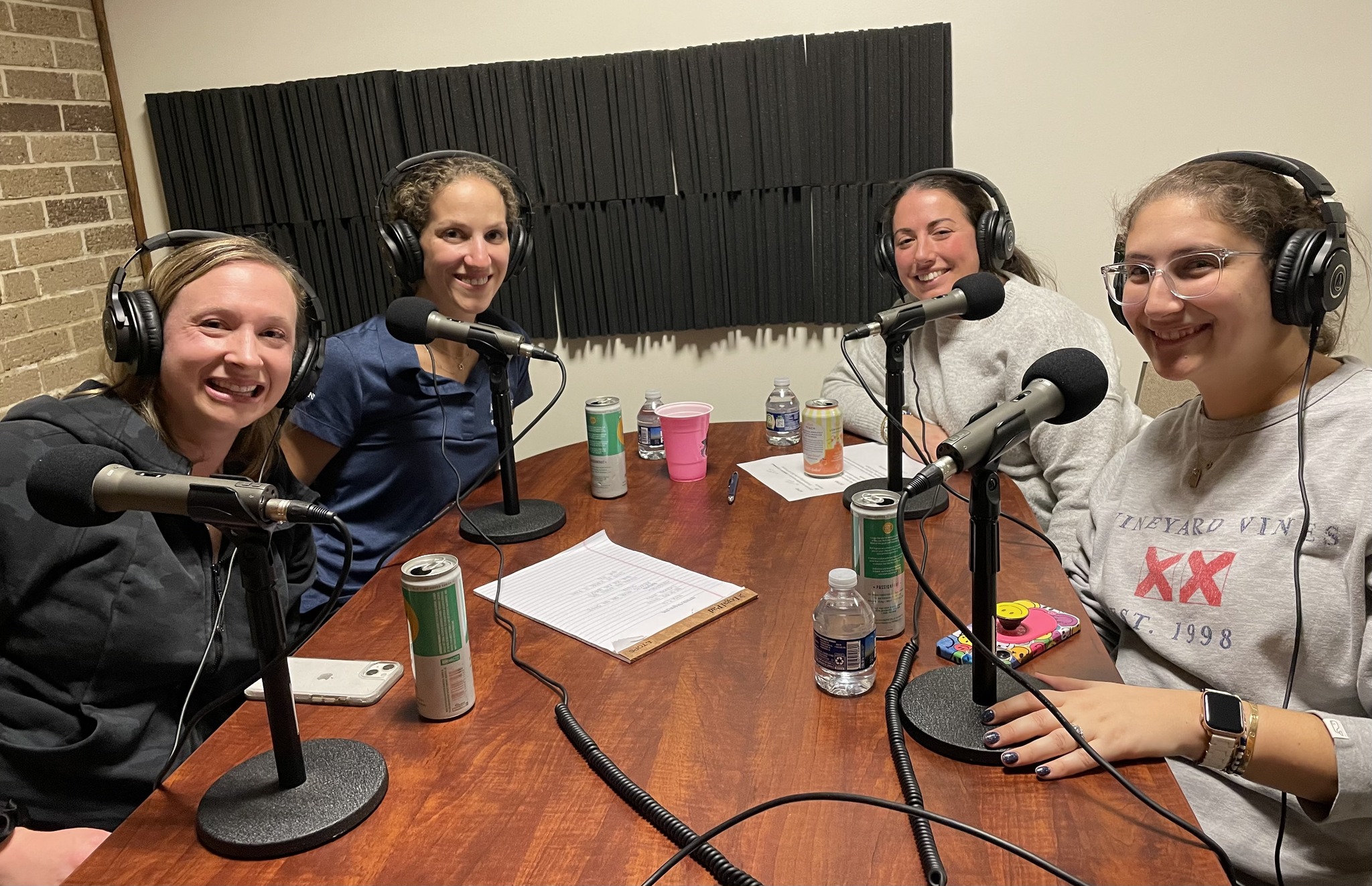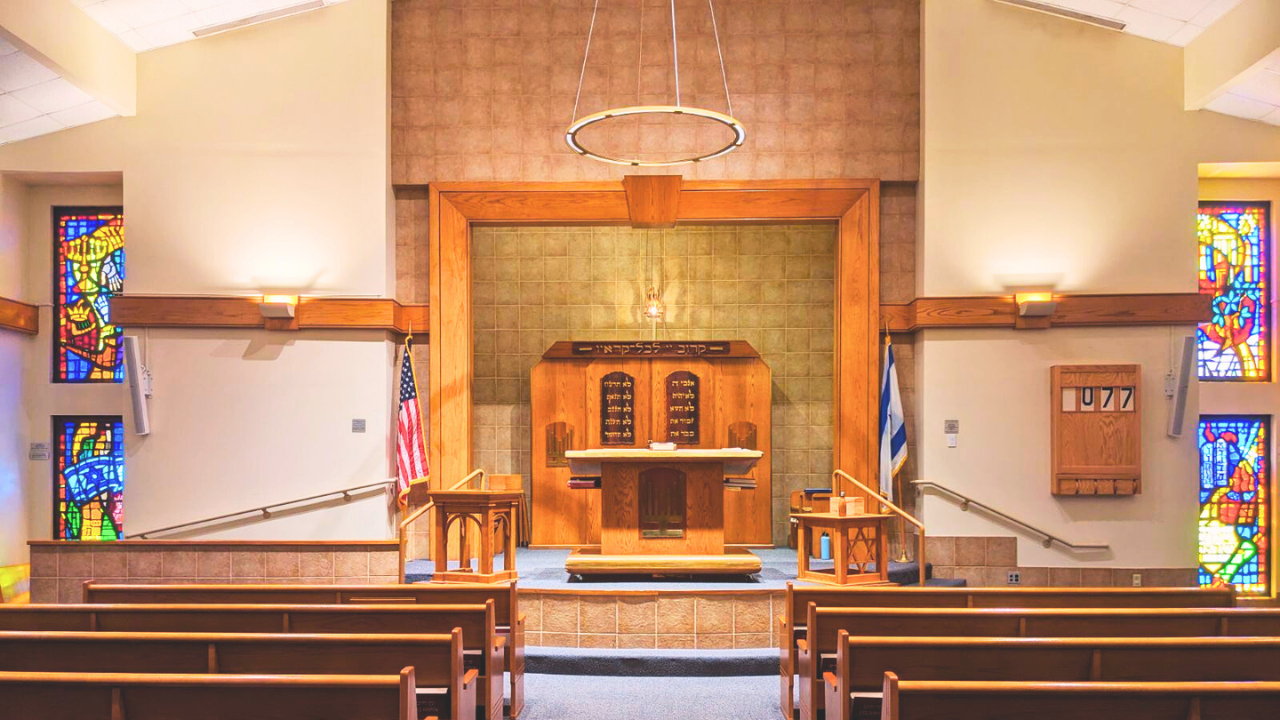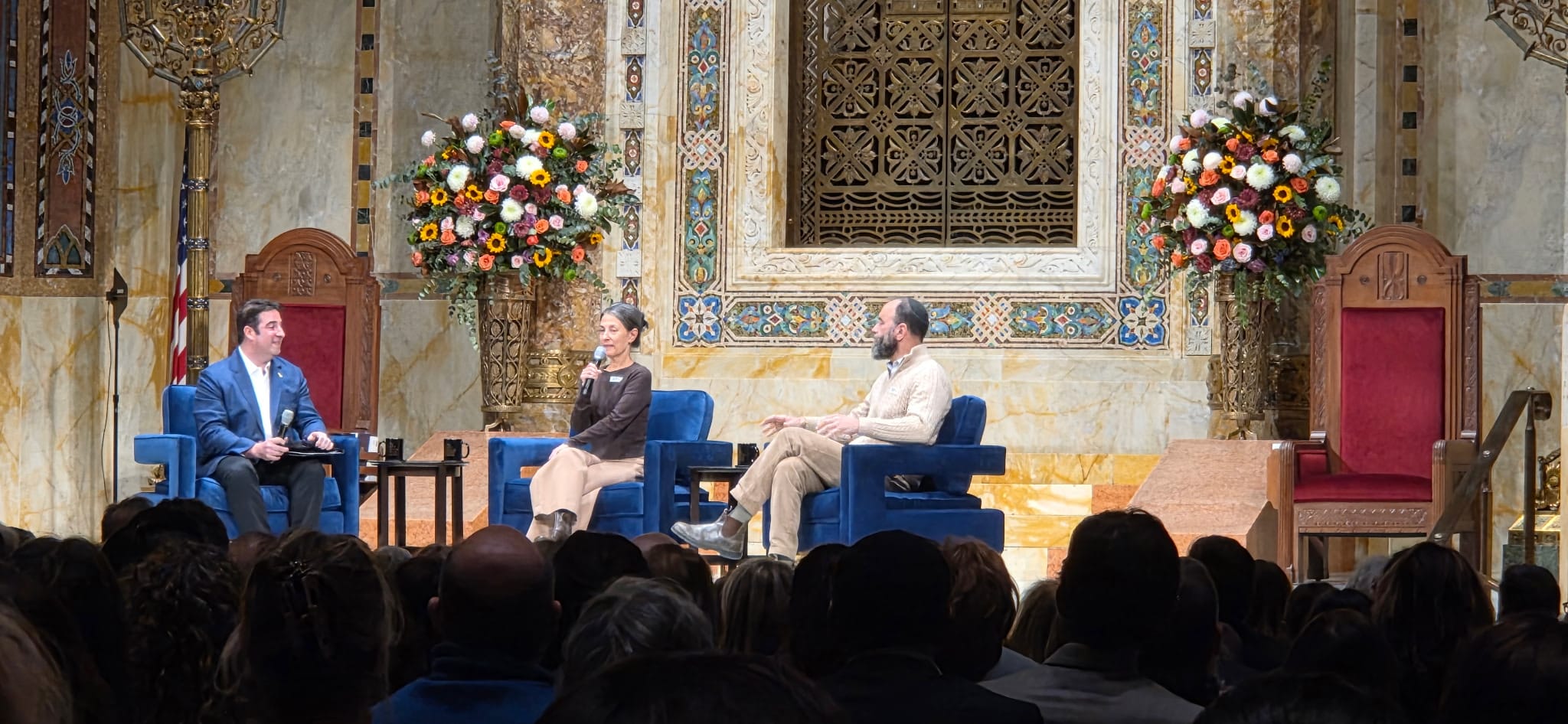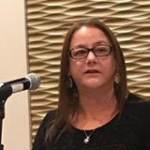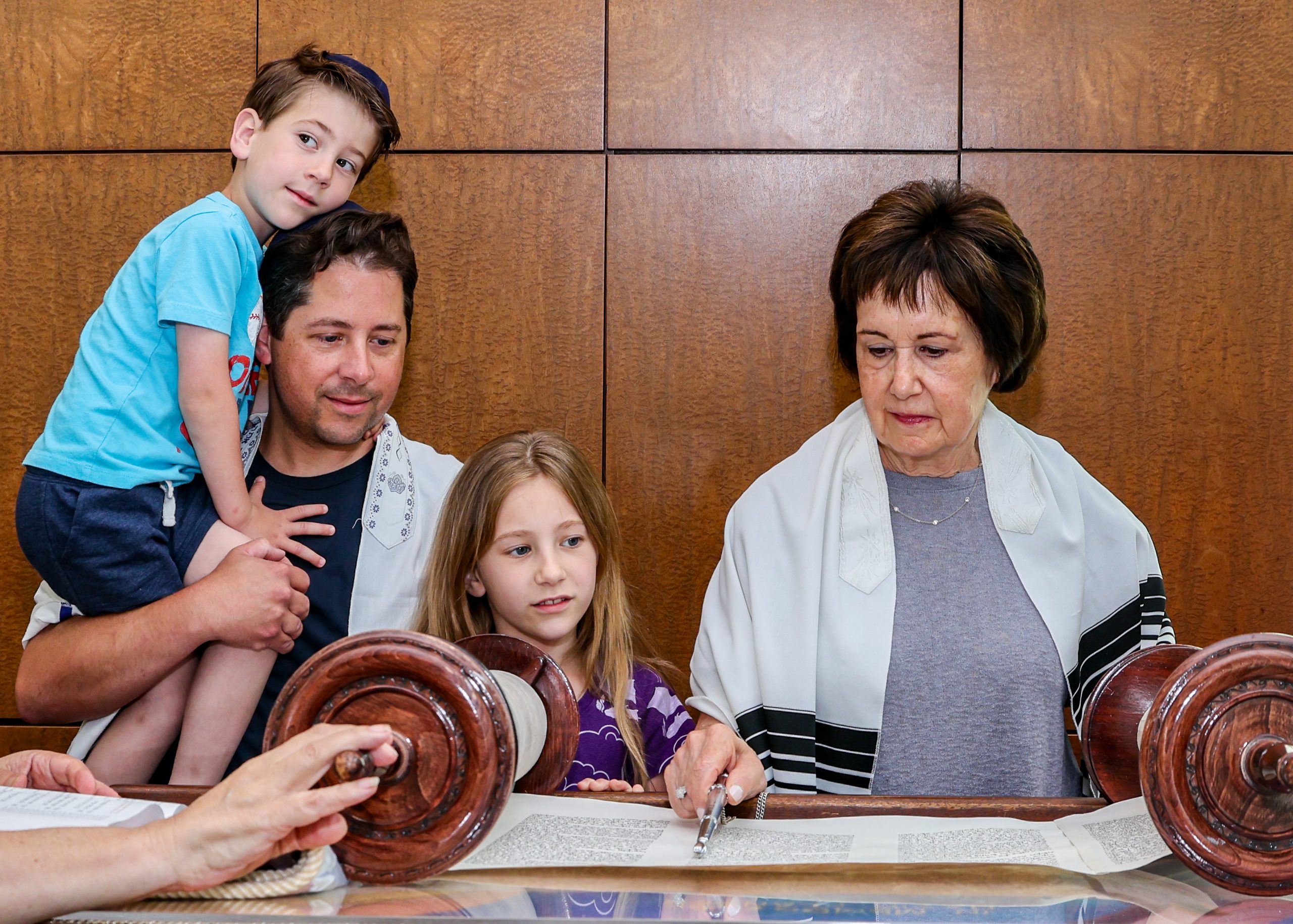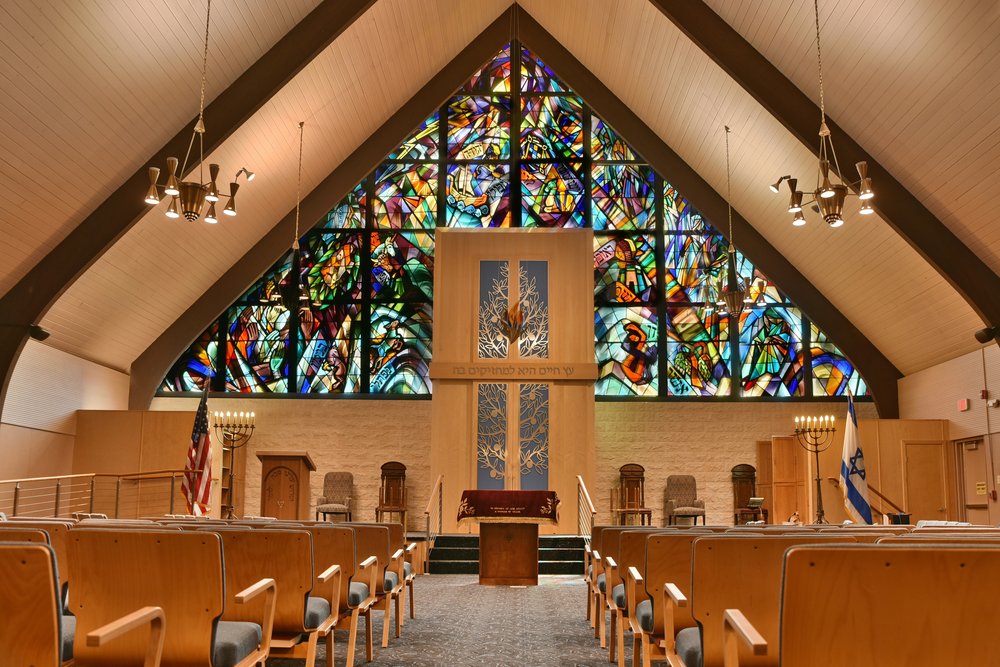
Long before Tamara Duker Freuman became synagogue president of Congregation Sons of Israel in Nyack, New York, she experienced USCJ’s flagship Sulam series through a community-run cohort of Sulam for Emerging Leaders. Her rabbi invited her and several other young members to a Sulam training at the rabbi’s house as part of the Sulam for Emerging Leaders, a customizable series of workshops that empower synagogue leaders to develop leadership skills with potential leaders in their community. They engaged in a text study and discussed leadership principles and the congregation. Tamara befriended the 10 other women who attended. From these interactions, she built a network of people who also cared about the community she could draw on as a future leader. Shortly after, Tamara joined the board and started her leadership journey, going on to utilize USCJ’s suite of Sulam programming, including Sulam for Officers and Sulam for Presidents.
“I didn’t have a great understanding of synagogue dynamics, politics, and financing, or in general, nonprofit leadership. I didn’t know how to be a leader when all of your employees are essentially volunteers,” Tamara recalls.
She was no stranger to leadership in the corporate world, with experience as a Vice President at a Fortune 500 company, and her current role leading a team at a clinical health care organization. But leading a synagogue was all new: she had not really spent much time in a synagogue as an adult until she joined 10 years ago. She found herself suddenly going from non-affiliation as an adult to being on her synagogue board!
That did not keep her from becoming a leader. Congregation Sons of Israel is a small egalitarian and Conservative synagogue of about 185 families, founded in 1891. They also have very few staff.
“We have a rabbi. And then everyone else is part-time: a part-time Office Manager, a part-time Caretaker, part-time Education Director, part-time Hebrew school teachers. We don’t have an Executive Director.”
Volunteer leadership is the lifeblood of the synagogue. When she became a member, Tamara was quickly approached about joining the board. Within her first year on the board, she was recruited to be the Third Vice President, a position usually funneled into becoming President. She didn’t shy away from the opportunity.
But she needed more education about the role and function of a board. By enrolling in Sulam for Officers, she started piecing it together.
“Sulam helped me understand what is a synagogue board’s function,” she said. “I remember during one of the trainings, I started to feel the gravitas of the commitment of someone joining the board and realizing that I didn’t want people feeling like their time was being wasted. That was huge for me. I started to think, ‘What would make someone come to a board meeting out of a busy schedule when they’re working or doing other things and feel like that was a good use of their time and expertise.’” Sulam for Officers showed her how the board could be best utilized.
“Sulam for Officers really emphasized the role of the board, how a President could best utilize their board to take things off of their plate,” she said. “And how a well-functioning board operates. Because again, I’ve been in the corporate world, but I’ve never actually been on a board.”
From that realization, she was able to establish tangible goals for the board – even ‘just’ as a board member.
As the newly elected President, she continued with the next rung of the Sulam series, Sulam for Presidents. She became most interested in good governance and utilized tools from Sulam to aid her leadership.
“I was very interested in good governance. I wanted to make sure that decision-making was not subjective, that we were following our bylaws.”
She started with their bylaws, reviewing them and consulting them anytime something came up. Toward the end of her term, she made a point of working to change specific bylaws that no longer aligned with the synagogue’s values and preferred practices. This enabled decision-making to be more transparent and defensible. She also started working on committee job descriptions–an ongoing process–a first step in creating clear mandates for lay leaders and helping empower committee chairs to function more effectively. To further build capacity among committee leadership, she also brought in expertise from USCJ by doing a private board development workshop with Linda Sussman, Director of Leadership Development & Implementation and Synagogue Consultant for the METNY area.
Sulam for Presidents also helped Tamara define and understand the role of the President and distinguish it from the board. She came to understand that the President is not running the synagogue all by themselves.
“It was very helpful for me to understand what everybody’s role is, and understand the board’s roles as a fiduciary,” she said, “and that the job as the president is not to be in charge of the synagogue, but rather that the board is the leadership body of the synagogue. The president’s job is just to set the leadership agenda, corral the board and provide context and information necessary for timely decision making. And I think for me personally, it was also just very reassuring and calming to not feel like the weight of the entire synagogue is up to me on my shoulders. The board is actually in charge of the synagogue and I could always turn to them for counsel if ever I felt stuck.”
Throughout her leadership journey, she took advantage of USCJ’s Sulam programming. She’s kept all of the slide decks and referred to them regularly. She and her former Vice President (the now-current President) used to read over them together, consulting them for advice and best practices. Sulam for Officers and Sulam for Presidents provided her with resources to utilize beyond the workshop.
She’s learned a lot as a leader through the suite of Sulam programming. It’s empowered her to build something bigger than herself and give back to her community.
According to Tamara, “the synagogue is the vehicle and the infrastructure through which I can live my values in the world and magnify my impact on the world in a way that is just bigger than me. As our own synagogue’s 134-year history suggests, a well-functioning synagogue run with financial prudence can have a positive impact on an entire community for decades–if not generations– to come.”
Everyone should have that opportunity and USCJ’s Sulam programming can help make that possible. Find the perfect Sulam series for your leadership journey by clicking here.


